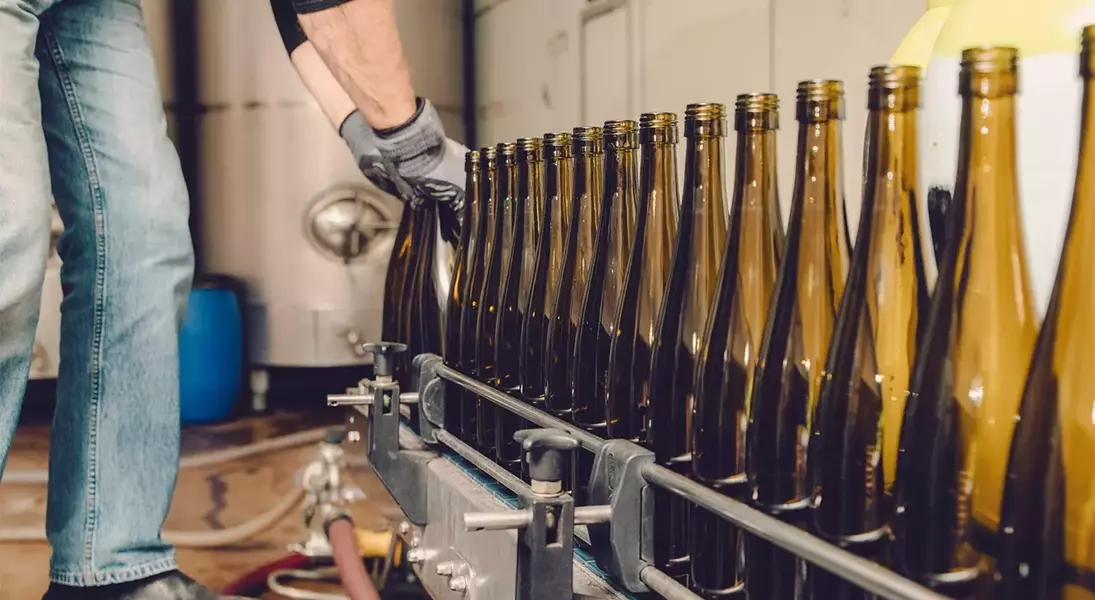
The global wine industry is currently navigating through various challenges and innovations. Recent studies have detected traces of the so-called 'forever chemical' TFA in European wines, raising health concerns among consumers. Meanwhile, blind tasting continues to be a topic of debate within the community, with critics like Eliza Dumais questioning its relevance. On another front, the Michelin Guide has announced its winners for Buenos Aires and Mendoza 2025, spotlighting excellence in regional dining. Additionally, the DFWE New York event celebrated some of the world's finest sparkling wines. In California, Napa wineries are exploring AI solutions to adapt to climate change, showcasing how technology can play a pivotal role in sustaining production.
Contaminants in wine have sparked significant interest and concern. Researchers have identified the presence of TFA, a persistent chemical compound, in several European wine samples. This discovery could impact consumer confidence and necessitate stricter regulations on vineyard practices. The potential long-term effects of these compounds remain uncertain, prompting calls for further investigation. While regulatory bodies assess the implications, the wine sector must address public anxiety and implement measures to ensure product safety.
Simultaneously, the practice of blind tasting has come under scrutiny. Critics argue that it may not always reflect true quality or context, as highlighted by Eliza Dumais. Her critique suggests that over-reliance on this method might overshadow other essential aspects of wine appreciation. This discussion invites both producers and enthusiasts to reconsider their evaluation methods, fostering a more holistic approach to tasting experiences.
In the realm of accolades, the Michelin Guide’s recognition of Buenos Aires and Mendoza highlights the growing prominence of South American gastronomy. These awards underscore the region's dedication to culinary innovation and excellence, drawing international attention to local talents and traditions. Such milestones encourage continued growth and exploration within the food and beverage sectors.
As the industry looks toward the future, events such as DFWE New York provide platforms for celebrating achievements while promoting collaboration. Furthermore, technological advancements offer promising pathways for addressing environmental challenges. By integrating AI into operations, Napa wineries aim to enhance resilience against unpredictable weather patterns, ensuring sustainable practices for generations to come.
Beyond current developments, the wine industry faces an opportunity to redefine itself through transparency, innovation, and inclusivity. Addressing emerging issues requires collective effort and forward-thinking strategies. As stakeholders navigate these changes, they contribute to shaping a vibrant and responsible future for wine lovers worldwide.
